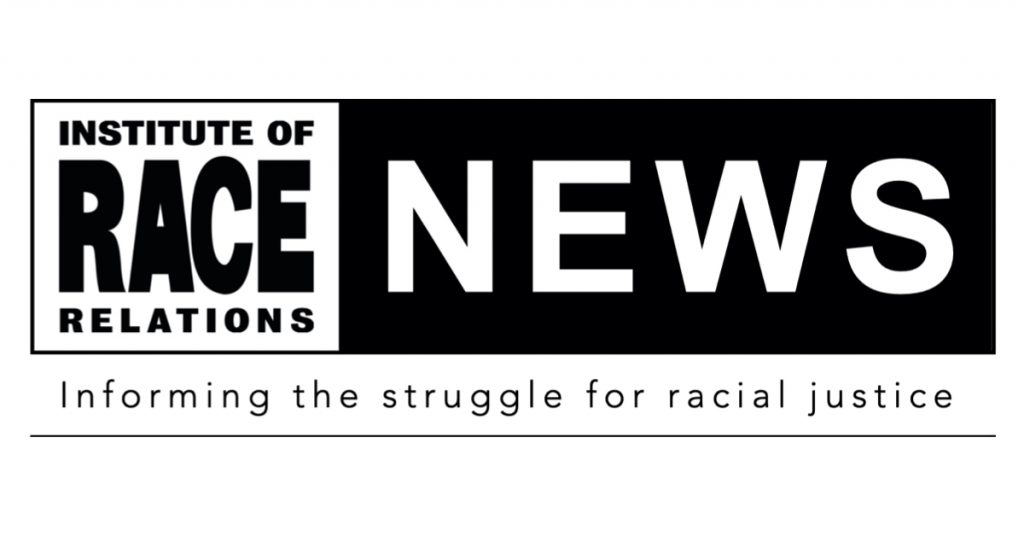6 – 20 August 2024
The far-right-orchestrated riots, birthed in the political and media mainstreaming of hate, has left the communities targeted for racist violence outraged and exhausted. But, with the government choosing to ignore the racist intent of the far Right in favour of the ‘violent thuggery’ narrative, it has become clear that, where the far Right is concerned, the government is part of the problem and not part of the solution. The Home Office’s latest announcement of a beefed-up Border Security Command to combat boat people and ‘smash the gangs’ rehashes, in the words of Praxis, ‘the tired tactics of hostility and division’.
Thankfully, though, up and down the country, important conversations are taking place about how to create unity in action against racism and fascism, aided, in some places, by seasoned activists from the Asian Youth Movements of the 1970s and 1980s. Rather than indulge in arid and academic disputes about best theoretical approaches for combating the far Right, the emphasis is on a pragmatic approach that not only puts the safety of communities first but also recognises that different roads can lead to the same destination.
Our regular calendar of racism and resistance gives some hint of important actors and approaches within this conversation. A TUC briefing to union safety reps about protecting workers from the risks of violence and racism is clearly influenced by the perspectives of Black and Asian workers. And the IWGB, representing delivery drivers, has written to gig economy bosses demanding that they do more to protect vulnerable workers from threats to their safety. A Tribune survey finds that seven of the towns experiencing far-right riots are among the ten most deprived areas of the country. This would suggest that the unity gigs announced by Love Music Hate Racism could play an important role in the North East, which was deliberately targeted by the far Right, and where children who participated in the rioting were exploited by adults.
Issues of community defence – in its broadest sense – are also prioritised within these burgeoning conversations. Some immigration sector organisations have withdrawn from X, arguing that it poses a ‘real-world threat to the immigration advice and legal sector’. There is anger too about the sentencing of Muslim defendants. One of many egregious court rulings involving Muslim defendants, documented in our Calendar of Racism & Resistance, was the 14-month prison sentence handed out to Noman Ahmed, who had no previous convictions, for throwing a punch at two white men while attempting, as the judge accepted, to protect a mosque in Middlesbrough which had been targeted by racists. The CPS’ and the courts’ determination to protect law and order, and deny any distinction between aggressor and defender, is a continuation of the government argument that ‘violent thuggery’ exists on all sides.

